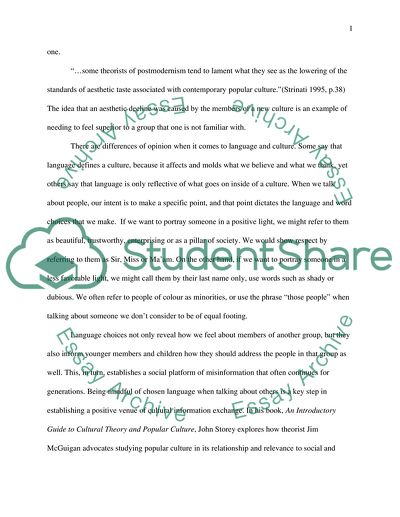Cite this document
(“Intercultural Communication As A Trading of Cultural Stereotypes Essay”, n.d.)
Retrieved from https://studentshare.org/journalism-communication/1551047-8216intercultural-communication-is-just-a-trading-of-cultural-stereotypes8217
Retrieved from https://studentshare.org/journalism-communication/1551047-8216intercultural-communication-is-just-a-trading-of-cultural-stereotypes8217
(Intercultural Communication As A Trading of Cultural Stereotypes Essay)
https://studentshare.org/journalism-communication/1551047-8216intercultural-communication-is-just-a-trading-of-cultural-stereotypes8217.
https://studentshare.org/journalism-communication/1551047-8216intercultural-communication-is-just-a-trading-of-cultural-stereotypes8217.
“Intercultural Communication As A Trading of Cultural Stereotypes Essay”, n.d. https://studentshare.org/journalism-communication/1551047-8216intercultural-communication-is-just-a-trading-of-cultural-stereotypes8217.


